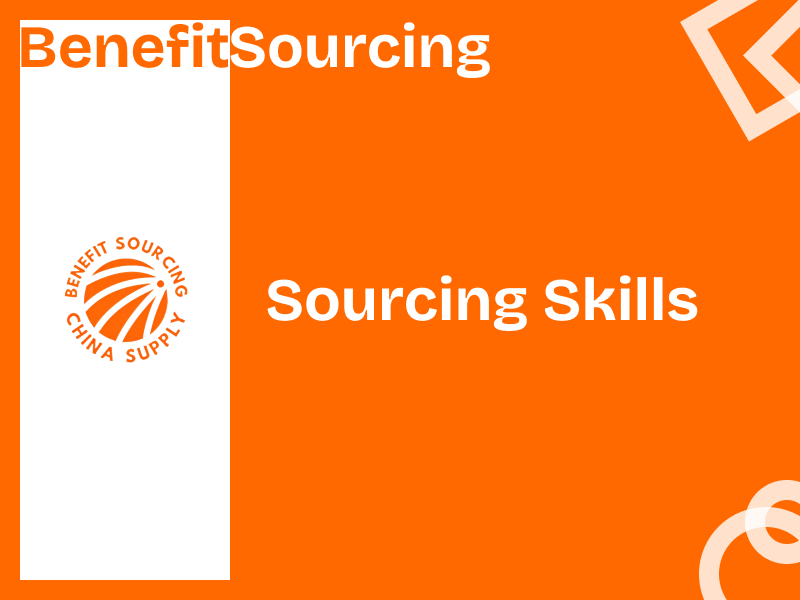Ensuring Ethical Labor Practices in Your Supply Chain

For international SMEs, e-commerce sellers, and independent retailers sourcing products from China, ensuring ethical labor practices within your supply chain has evolved from corporate social responsibility to operational necessity. With growing consumer awareness and tightening import regulations across Western markets, these seven practical strategies will help you maintain compliance while protecting your business reputation:
1. Understand What Ethical Labor Means in Chinese Context
Key compliance areas to verify:
- Minimum wage adherence (varies by city/province)
- Maximum 40-hour workweek with overtime compensation
- Social insurance enrollment (pension, medical, unemployment)
- Proper documentation of migrant workers
- Age verification systems (no under-16 workers)
2. Supplier Screening Tactics for Small Buyers
When you lack bargaining power as a small-volume purchaser:
- Request SA8000 or WRAP certification copies
- Check supplier history on Alibaba’s “Supplier Assessment” reports
- Use third-party verification services like SGS or TÜV Rheinland’s spot checks
- Analyze production quotes – abnormally low prices often signal labor cost cutting
3. Cost-Effective Monitoring Solutions
For businesses without dedicated compliance teams:
- Video audit services: Platforms like QIMA offer remote factory tours at $300-$500
- Worker interviews: Hire local bilingual students to conduct anonymous worker surveys
- Material tracing: Use blockchain solutions like VeChain to track raw material origins
- Payroll cross-check: Compare production quotes with local minimum wage + benefit rates
4. Red Flag Identification
Common warning signs in Chinese manufacturing:
- Overly flexible production lead times (indicates temporary labor)
- No transparency about subcontractors
- Resistance to providing factory floor photos/videos
- Inconsistent worker attendance records
5. Leverage Technology for Continuous Monitoring
Affordable digital tools for small businesses:
- SupplyShift: Monitors multiple suppliers simultaneously ($99/month starter plan)
- Ethical Trade App: Worker feedback collection via QR codes in factories
- OpenCorporates: Verifies business licenses and registration details
6. Navigate Cultural Differences Effectively
Common misunderstandings to avoid:
- Chinese suppliers may view labor audits as distrust – frame requests as “documentation for customs clearance”
- Overtime expectations differ regionally (e.g., Guangdong vs. inland provinces)
- “Internship programs” in vocational schools require special permits
7. Mitigation Strategies When Issues Surface
If violations are detected:
- Request corrective action plans with timelines
- Temporarily shift orders to backup suppliers
- File official reports through China’s 12345 hotline (anonymous option available)
- For systemic issues, partner with industry associations for collective action
8. Documentation for Customs Compliance
Prepare these records proactively:
- Supplier code of conduct acknowledgment forms
- Wage payment records (request redacted samples)
- Environmental protection certificates (linked to worker health)
- Production date logs matching worker attendance records
Budget-Friendly Certification Alternatives
When full audits are cost-prohibitive:
- Join group certification programs through trade associations
- Request suppliers’ recent audit reports (many reuse them for multiple clients)
- Utilize SME-focused programs like BSCI’s progressive certification
Staying Updated on Regulations
Free resources for small businesses:
- China Labor Bulletin’s weekly updates
- U.S. CBP’s Forced Labor Enforcement Dashboard
- EU’s CSRD implementation timeline tracker
Implementing these measures typically adds 3-7% to procurement costs but reduces risk of shipment seizures (up to 30% of cargo value) and protects against reputation damage. Start with high-risk categories like textiles, electronics, and seasonal products where labor violations are most prevalent. Gradually expand ethical practices as your business scales, focusing on long-term supplier relationships rather than transactional engagements.
Need a sourcing agent in China?
Just send us your demand with the form below.